Yesterday, 9th June, The Australian Competition Tribunal (Tribunal) heard the first arguments on the New Energy Tech Consumer Code (the Code), the proposed code that would apply to solar panel sales and installations. Argument revolves around the issue of buy now pay later (BNPL) finance
BNPL finance is a form of quasi-Layby, except for one crucial inimical difference – instant gratification. Unlike Layby, whereby someone can purchase a commodity via instalments and receive the product on full payment, BNPL allows you to pay in instalments but receive the product instantly.
BNPL may not sound particularly pernicious on this basis, that is until we realise that instant gratification is instantly ungratifying. Which is to say, that by using BNPL finance consumers can easily fall prey to predatory lending by not being forced down the prudential path of saving and only receiving the product when they can afford it. The consumer is now subject to an infinite variety of dangling carrots whereby only the most saintly and abstemious are likely to survive unscathed.
Consumer Action Law Centre (CALC) is making the case for the consumer, arguing that solar panel retailers offering BNPL finance are engaging in predatory unsolicited sales practices resulting in consumers being unable to service their debts and an inflated price in solar panels.
“Solar panel retailers that commit to this Code shouldn’t be using this type of unregulated finance, and that’s what we are arguing at the Tribunal,” said Gerard Brody, CEO of CALC.
CALC asserts to represent customers who have been ripped off by salespeople dangling BNPL offers; some people even claim to have been signed up to a BNPL plan without their knowledge. Moreover, CALC is set to provide the Tribunal with evidence that Australians purchasing solar panels via BNPL are being significantly overcharged for the product they receive.
“It’s tragic that at a time when we need reliable, affordable and renewable energy more than ever, unregulated buy now pay later schemes are doing damage to people and in so doing undermining confidence in the very industry they purport to promote,” said Brody.
Unlike other forms of credit, BNPL finance remains unregulated, or, at least, not regulated in the same manner. “They aren’t required to assess if the loans – sometimes in the tens of thousands of dollars – are really suitable or going to cause people substantial hardship or make them over-indebted,” continued Brody.
Kirsty Lamont from consumer group Mozo told A Current Affair in a recent investigation of BNPL finance in the retail sector that “buy now pay later is rapidly overtaking credit cards as the preferred as the preferred means of payment.” And as the method becomes more popular, the BNPL financiers are upping limits and without regulation consumers are vulnerable to finding themselves with debts they can’t service.
Industry Insight
Committee members of solar industry group Solar Cutters told pv magazine Australia that there is a myth out there about interest free solar, a myth that needs to be debunked. There is no such thing as a free lunch, and everything, including solar panels, casts a shadow. Industry insiders have revealed that “interest free solar” loans, of which BNPL finance can be counted, actually entails an enormous behind the price-tag mark up. In a $3k system this mark-up might not be so noticeable, but in a $10k system the customer is well and truly being taken for a ride. This is to say that the consumer is still paying interest, they just don’t know about it, and this is on top of the ‘standard’ fees applied by the financier. Solar Cutters’ committee members say they prefer more traditional and transparent methods, e.g. ratesetter.
A solar installation is not exactly the price of a Kit-Kat, although prices are continuing to fall. However, the solar industry is built upon a model and a philosophy of sustainability, of improving customers’ lives, bank balances and the environment. Over the next few days we are going to find out if the consumer code is going to better regulate BNPL finances to better ensure the sustainability of solar sales.
The Tribunal hearings are set to take place from the 9th to the 12th of June, 2020. To view the hearings, contact the Tribunal.
This content is protected by copyright and may not be reused. If you want to cooperate with us and would like to reuse some of our content, please contact: editors@pv-magazine.com.
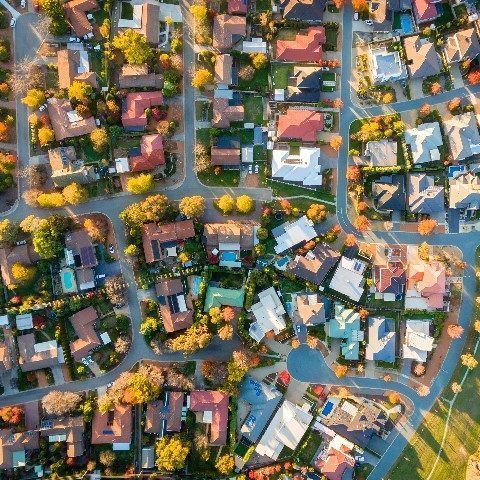



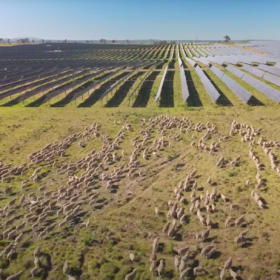
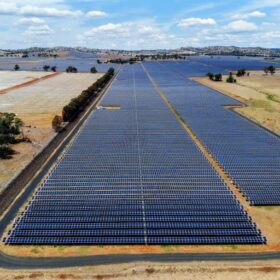
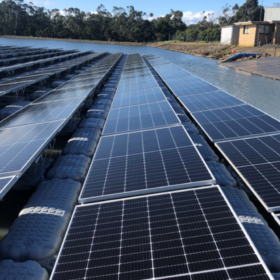
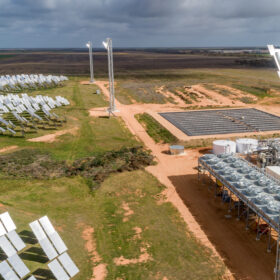
By submitting this form you agree to pv magazine using your data for the purposes of publishing your comment.
Your personal data will only be disclosed or otherwise transmitted to third parties for the purposes of spam filtering or if this is necessary for technical maintenance of the website. Any other transfer to third parties will not take place unless this is justified on the basis of applicable data protection regulations or if pv magazine is legally obliged to do so.
You may revoke this consent at any time with effect for the future, in which case your personal data will be deleted immediately. Otherwise, your data will be deleted if pv magazine has processed your request or the purpose of data storage is fulfilled.
Further information on data privacy can be found in our Data Protection Policy.